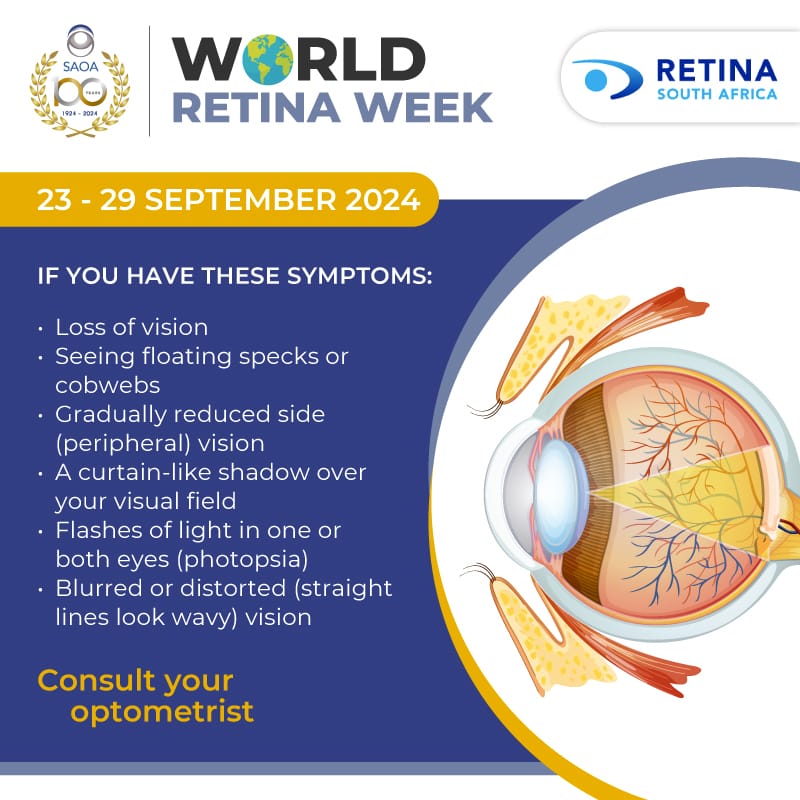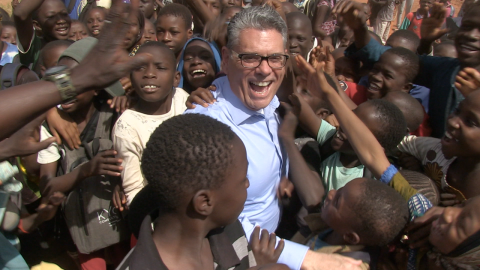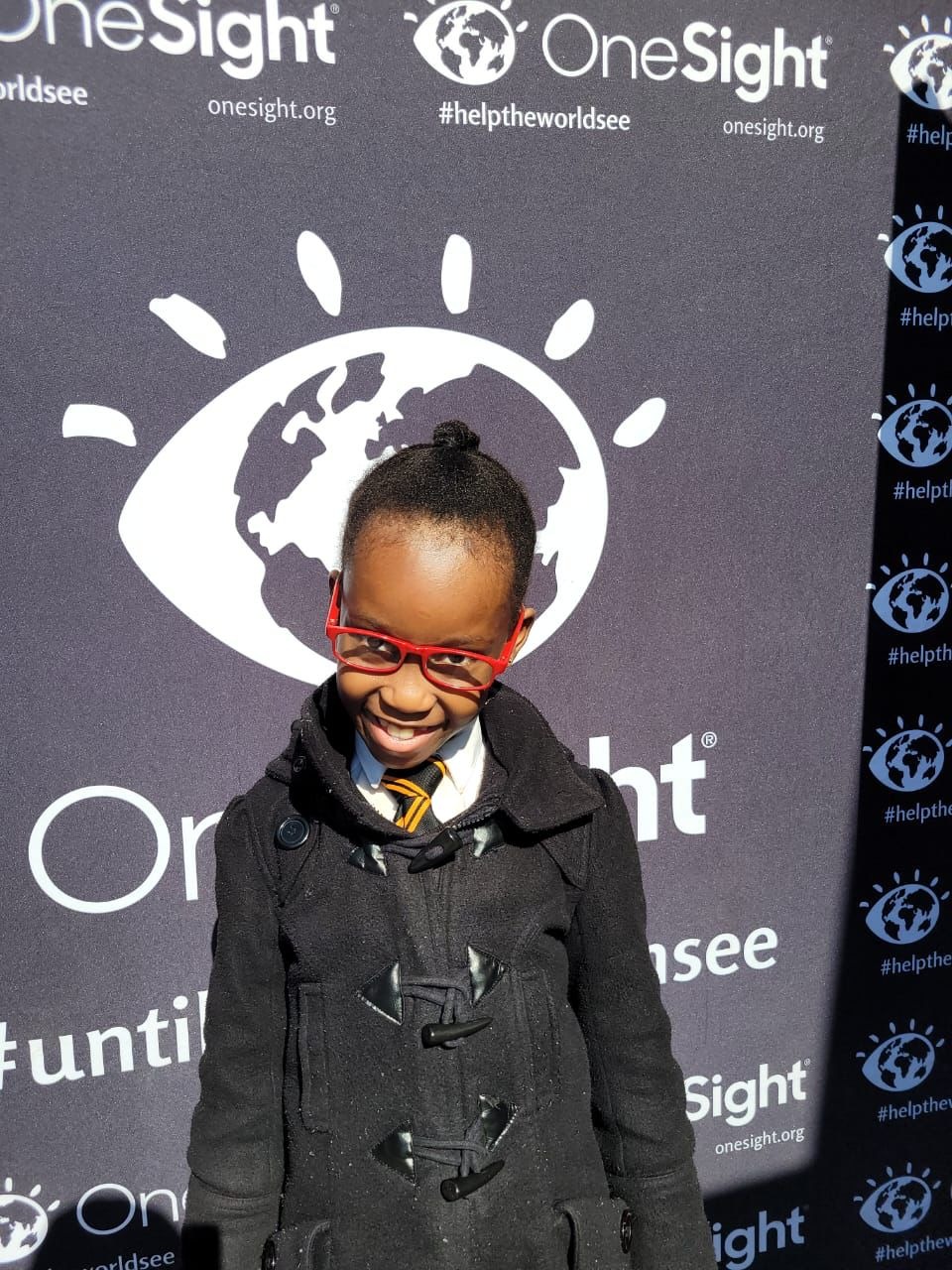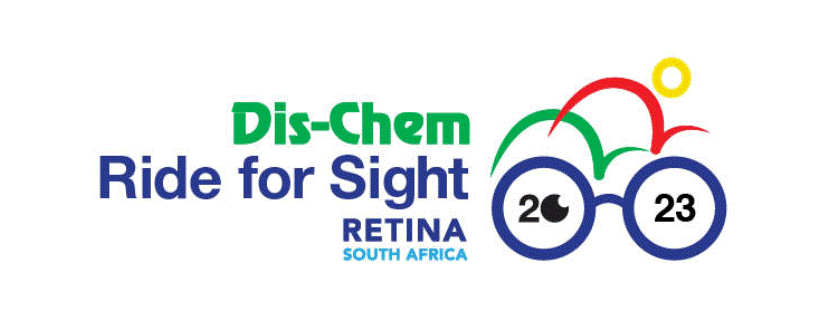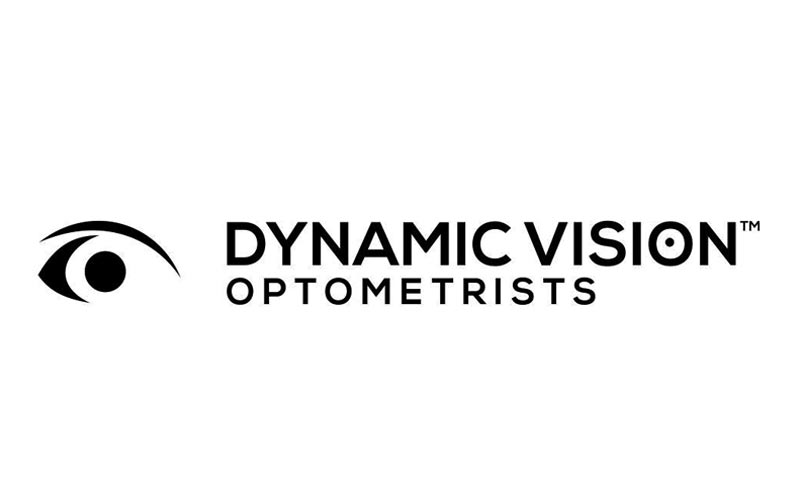At Retina South Africa, we are acutely aware of the alarming rise in myopia among children, a condition that poses significant risks of irreversible eye damage if not addressed promptly and effectively.
While modern devices such as smartphones, tablets, computers, and televisions offer immense benefits by providing access to information and entertainment, they also contribute to a concerning trend of increased screen time at the expense of outdoor activities. In alignment with the international theme for this year, “Love Your Eyes – Kids,” we emphasize the urgent necessity for timely interventions to combat this epidemic of myopia. Among our recommendations are strict limitations on screen time and the encouragement of at least two hours of outdoor activity each day.
Myopia, or shortsightedness, is not merely a matter of needing glasses for blurry distance vision; it represents a more profound concern that escalates as children age, leading to deteriorating eyesight, frequent changes in prescriptions, and heightened risks of severe eye diseases in adulthood. Nivien Subramany, President of the South African Optometric Association (SAOA), highlights that impaired vision was once thought to be primarily genetic, but there is now a consensus that behavioural changes associated with a sedentary lifestyle are fundamentally altering childhood eye health.
This phenomenon is characterized by the accelerated growth of the eyeball, which stretches the retina—a critical light-sensitive layer at the back of the eye—and predisposes individuals to conditions such as myopic maculopathy, retinal detachment, and cataracts.
The burgeoning incidence of myopia correlates closely with changing lifestyles, as children increasingly engage in near-work activities and spend less time outdoors. Projections indicate that by 2050, a staggering 5 billion people, or half of the world’s population, could be affected by myopia. Alarmingly, the World Health Organization (WHO) has acknowledged the global surge in myopia and its associated vision impairment risks. In response, the World Council of Optometry advocates for proactive Myopia Management to be implemented as a standard of care for all myopic children, shifting the focus from merely correcting vision to integrating evidence-based interventions aimed at slowing myopia progression.
In light of these findings, Retina South Africa, alongside the South African Optometric Association, proposes that World Retina Day on Saturday, the 28th of September, be designated as a screen-free day, promoting at least two hours of outdoor play and activities for both children and adults to foster healthier vision habits and curb this troubling trend of myopia.
The South African Optometric Association, which celebrates its 100-year anniversary in 2024, is a professional association representing optometrists and dispensing opticians in South Africa. Amongst its wide range of responsibilities, access to care, standards of care, and education of the public remain SAOA priorities. For further information, contact the SAOA via info@saoa.co.za.

